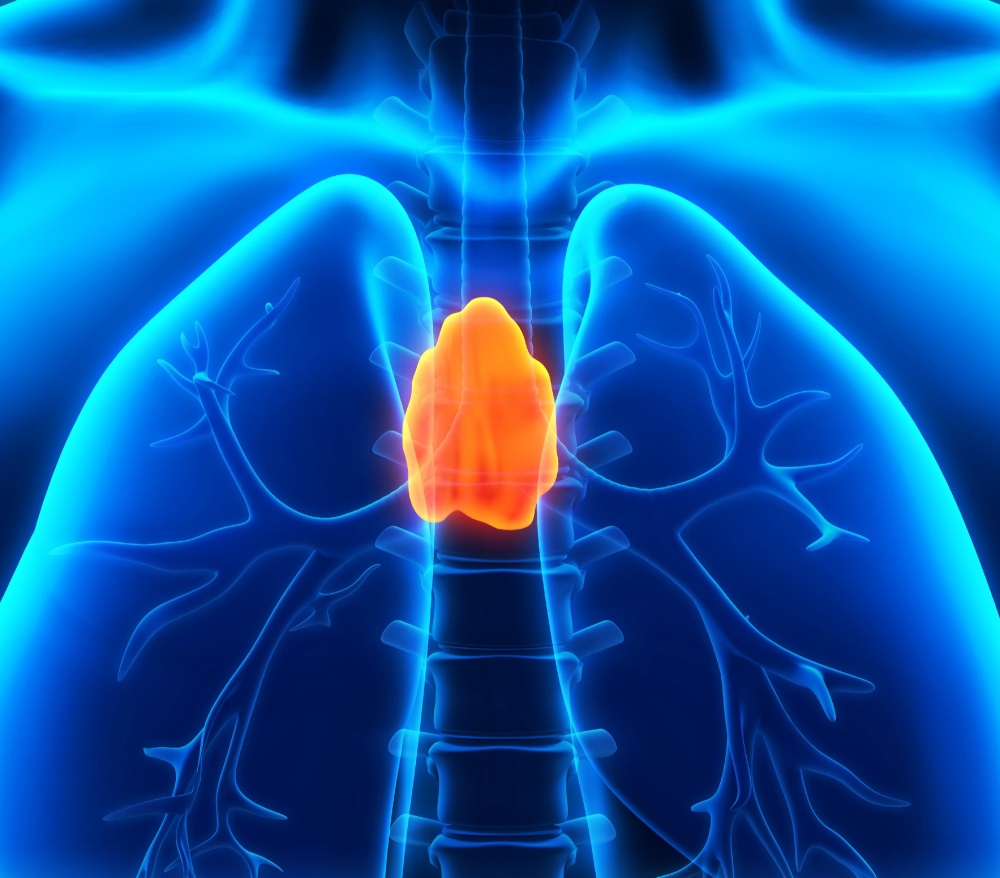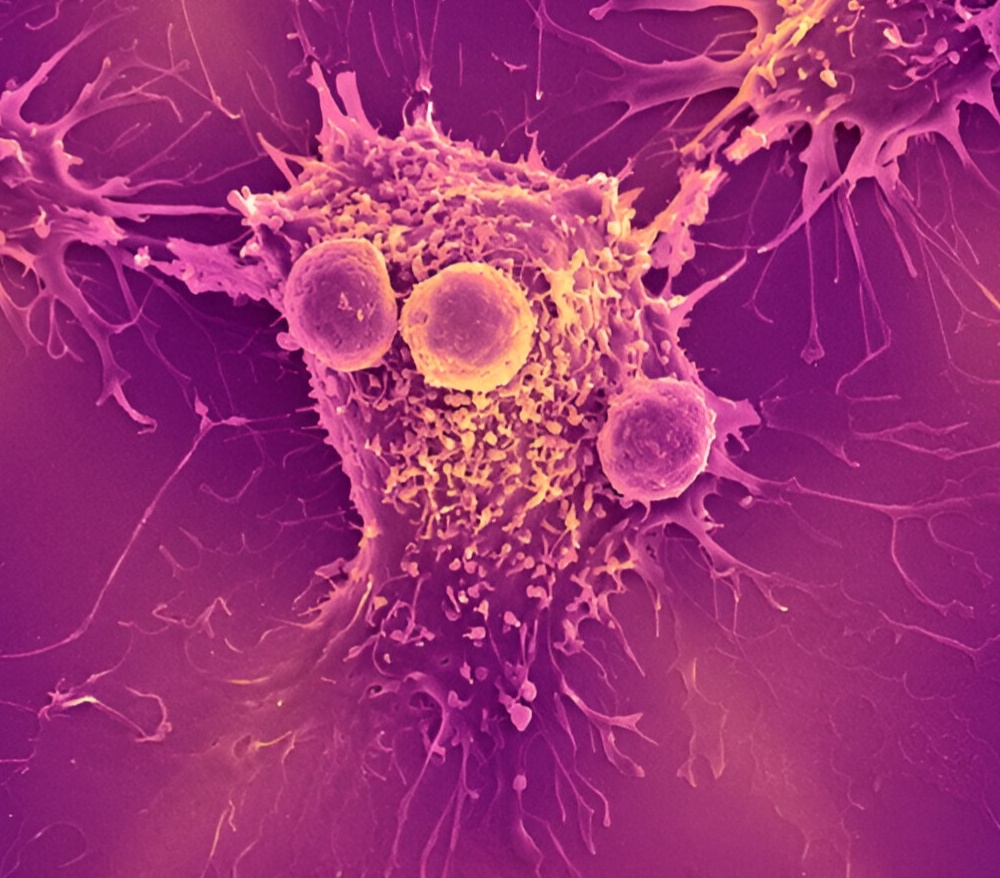Mediastinal Tumor Treatment
Mediastinal
Cancer

Mediastinal Cancer care at Thangam cancer center
Mediastinal cancer refers to abnormal growths or tumors located in the mediastinum—the central compartment of the chest that houses vital structures like the heart, aorta, trachea, thymus gland, and esophagus. Tumors in this region may originate within the mediastinum or may metastasize from cancers elsewhere in the body.
Due to the complex anatomy and the proximity to essential organs, diagnosing and treating mediastinal tumors can be challenging. However, with the right treatment plan, outcomes can be significantly improved.
What Causes Mediastinal Cancer?
While mediastinal tumors can occur at any age, their type and location often vary with age. For instance, posterior mediastinal tumors are more common in children. Causes may include:
- Genetic predispositions
- Infections (like Epstein-Barr virus)
- Autoimmune disorders
- Exposure to certain chemicals or radiation
- Dietary habits (some links to esophageal cancers)

Symptoms of Mediastinal Cancer
Some patients may remain asymptomatic, while others could experience symptoms
due to compression of nearby organs and nerves. Common symptoms include:

Persistent cough

Shortness of breath

Coughing up blood

Hoarseness or difficulty swallowing

Respiratory obstruction

Chest pain or tightness

Night sweats or fever

Unexplained weight loss

Swollen lymph nodes
If you are experiencing any of these symptoms consistently, Consult a doctor promptly.

Types of Mediastinal Tumors
Mediastinal tumors are classified based on their location- Anterior (front), Middle, or Posterior (back) mediastinum.
Anterior Mediastinal Tumors
- Lymphomas: Both Hodgkin’s and non-Hodgkin’s lymphoma can develop here.
- Thymoma & Thymic Cysts: Common tumors, mostly benign but can be aggressive in 30% of cases.
- Germ Cell Tumors: Frequently benign and seen in both men and women.
- Thyroid Mass: Extension of an enlarged thyroid gland into the chest cavity.
Middle Mediastinal Tumors
- Bronchogenic Cysts: Benign growths with respiratory origins.
- Pericardial Cysts: Fluid-filled sacs in the outer lining of the heart.
- Mediastinal Lymphadenopathy: Enlarged lymph nodes due to infection or malignancy.
- Tracheal and Esophageal Tumors: These may be benign or malignant.
- Vascular Abnormalities: Such as aortic aneurysms or dissections.
Posterior Mediastinal Tumors
- Neurogenic Tumors: Often benign, involving nerve sheath or ganglion cells.
- Lymphadenopathy: Enlargement of lymph nodes in the posterior chest.
- Spinal Abnormalities: Rare tumors affecting the spine or neural tissues.
Prognosis and Prevention
Although mediastinal cancer cannot always be prevented, early diagnosis greatly improves outcomes. The prognosis varies by tumor type, size, and stage. Regular health checkups and prompt evaluation of persistent chest symptoms are essential for early intervention.
If you or a loved one are experiencing persistent respiratory or chest-related symptoms, schedule a consultation with our oncology specialists at Thangam Hospital. Early detection can make all the difference.


Mediastinal Cancer Diagnosis and Management
Early detection plays a crucial role in effective treatment. Diagnostic tools for mediastinal cancer include:
- Blood tests and tumor markers: AFP, beta-HCG, LDH
- Chest X-ray
- CT scan or CT-guided biopsy
- MRI of the chest
- Mediastinoscopy: Minimally invasive biopsy via the neck (not ideal for anterior/posterior tumors)
- Anterior Mediastinotomy (Chamberlain Procedure): Provides access to the front mediastinum
- EBUS (Endobronchial Ultrasound): Needle aspiration to collect tissue samples
A biopsy confirms the diagnosis and helps determine tumor type and stage.
Staging of Mediastinal Cancer
Understanding the cancer stage helps guide treatment decisions:
Stage I: Tumor is encapsulated and localized
Stage IIA: Microscopic invasion beyond capsule
Stage IIB: Visible invasion into surrounding tissues
Stage III: Tumor has spread to nearby organs
Stage IVA: Pleural or pericardial spread
Stage IVB: Distant metastasis via lymph or blood

Treatment Options for Mediastinal Cancer
Treatment depends on the tumor’s type, location, and spread. The primary options include:
Often the first-line treatment for resectable tumors.
Used before or after surgery or when the tumor is inoperable.
High-energy beams target and destroy cancer cells
A combined approach offering better outcomes in certain cases.
May be considered in select advanced or metastatic cases.




